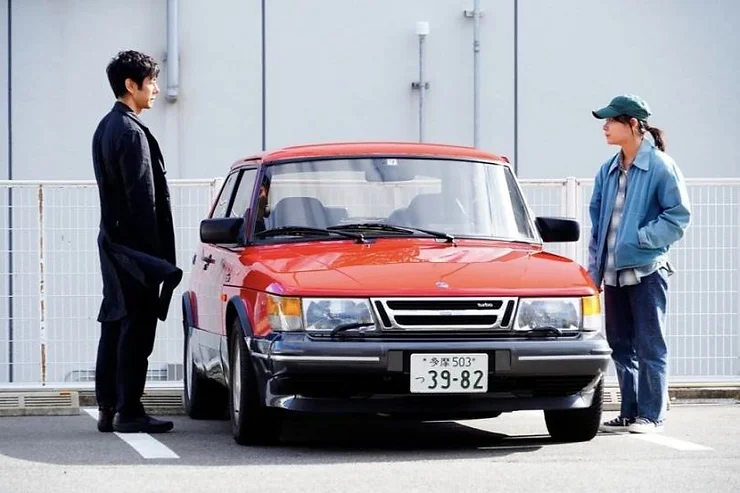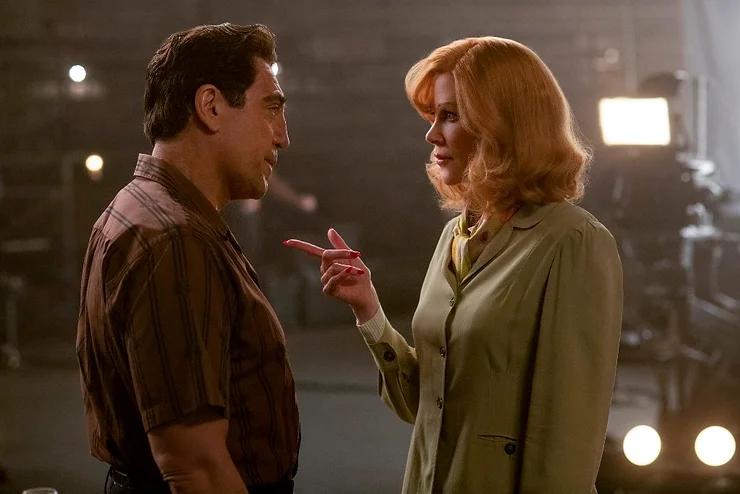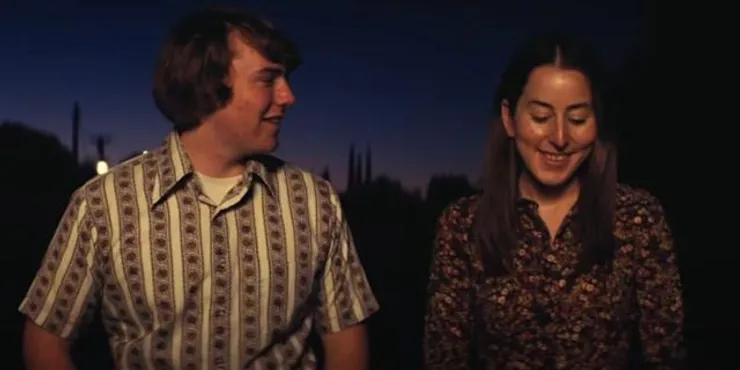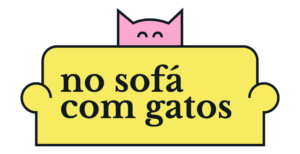What Marielle Knows (Germany, 2025)
Original title: Was Marielle weiß
Director: Frédéric Hambalek
Screenplay: Frédéric Hambalek
Main cast: Julia Jentsch, Felix Kramer, Laeni Geiseler, Mehmet Ateşçi and Moritz Treuenfels
Running time: 86 minutes
While motherhood is treated in a complex and desperate way in If I Had Legs I’d Kick You, the issue of parenthood is brought up with a lot of humor in What Marielle Knows. The plot begins with a slow-motion close-up of Marielle (Laeni Geisler) being slapped in the face. We even see the strands of her hair moving due to the force used in the act. Then, we see some of her parents’ daily activities at work and, finally, they meet. If we imagine that we will have a drama about bullying or the German education system, our expectations soon change: we discover that the slap gave the girl telepathic powers, and she can now perceive everything her parents do and say telepathically.

The values of this family go down the drain when we think about the scene we saw of the mother, Julia (Julia Jentsch), flirting quite explicitly with a co-worker, and the father, Tobias (Felix Kramer), going through a very vulnerable moment at work. It raises questions about what we do when no one is watching and the values we would like to pass on to our children – in addition to, of course, the doubt about whether the girl is telling the truth, how she gets that information and whether she’ll stop having that connection with her parents.
Through this focus on comedy, we access a very important part of maturation: the one that kills the perfect images created about our authority figures, in this case, father and mother. Obviously in real life this happens in a more subtle way, but here the parents want so much to create specific images, to try to create lessons from what they know their daughter’s seeing, that the detachment of their figures from what’s expected of a parental position becomes disproportionate.
From their conversations in French to prevent their daughter from understanding what they’re saying to the whole situation of the mother with her coworker, everything becomes a big question of what moral teachings they want to pass on to their daughter, and precisely because they are human, like all fathers and mothers, they accelerate this process of independence. There’s also a subtle issue regarding the image of masculinity that men wish to project to their children, who instead of solving problems and dealing with their pain, simply impose their will, which is quite problematic and, unfortunately, real. To the same extent that we feel the humor of the film reaching us, we can also feel the sadness of the girl in losing her innocence in relation to her parents, a process that we all go through, but which here happens abruptly.
Thus, the film also becomes a study on how the relationships between children and parents also need to be a little more guided by honesty instead of simply giving lessons and expecting the younger person to always be within parameters. Even though it loses some of its strength due to the frequent repetition of the same ideas, its original concept is so entertaining that the film stays with the viewer for a long time after the session ends.
Translation by: Renata Torres




